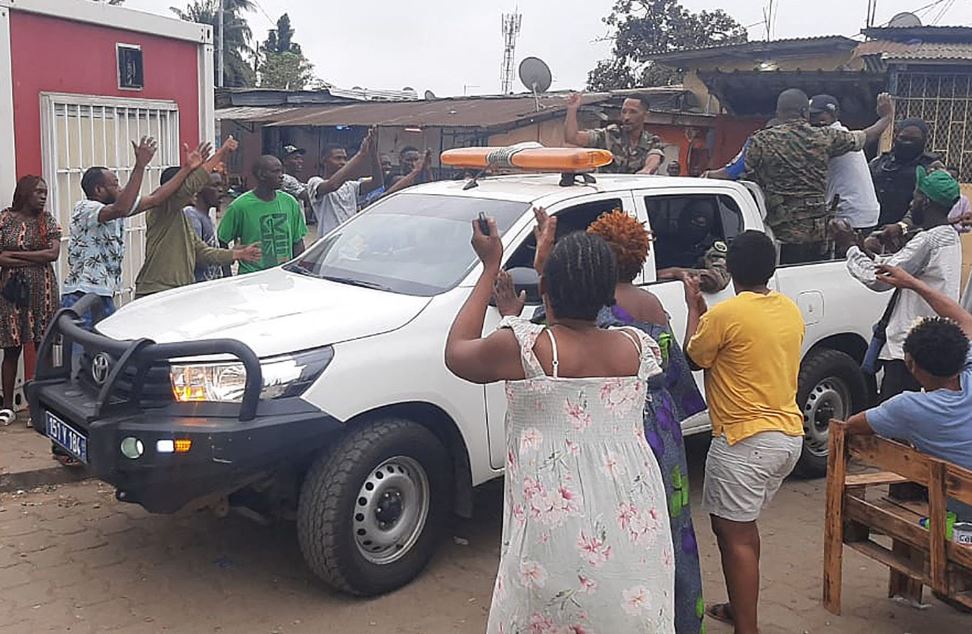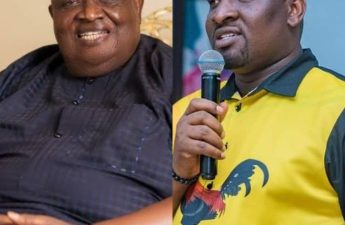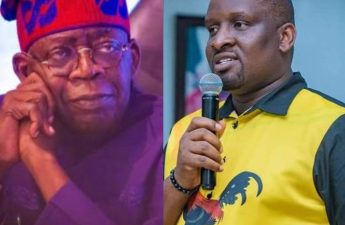Army officers have announced that the military has taken over power in Gabon, not long after President Ali Bongo was declared re-elected to a third term in office in the Central African country.
The Gabon Coup leaders who appeared on national television say they have annulled the results of Saturday’s election which the opposition had denounced as “fraudulent”.
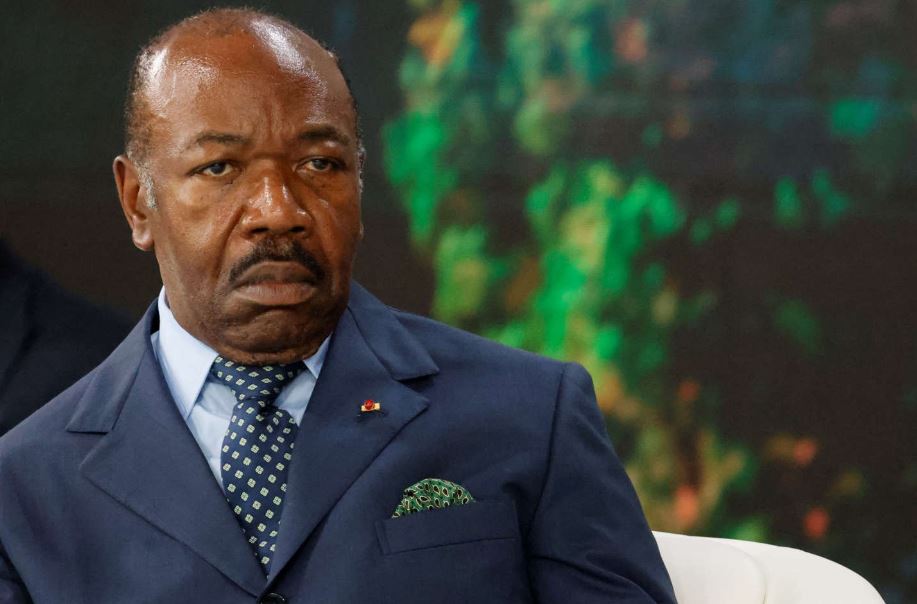
“We have decided to defend peace by putting an end to the regime in power,” the soldiers who introduced themselves as members of The Committee of Transition and Restoration of Institutions said.
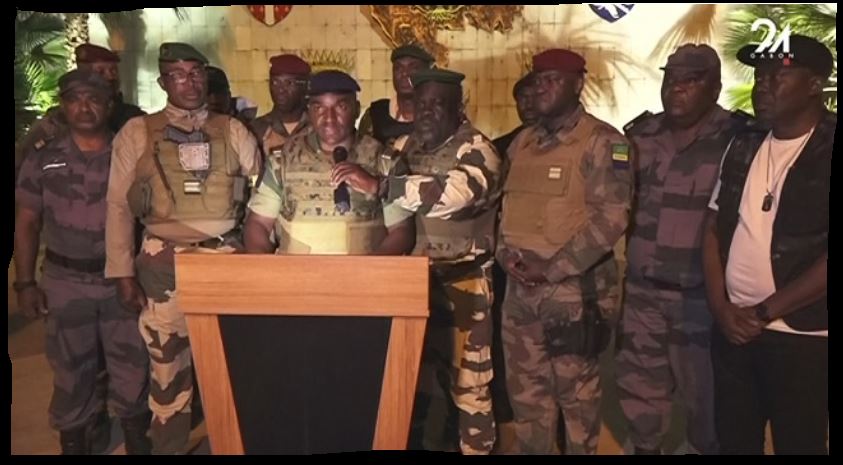
The electoral commission said Bongo’s main challenger, Albert Ondo Ossa, had come in second place with 30.77%. Bongo’s team rejected Ondo Ossa’s allegations of electoral irregularities.
The military coup in Gabon makes it eight coups that have taken place in former French colonies in Africa.
Here are five key facts about Gabon where military officers had taken power following elections.
1. The Bongos
The small central African state has been ruled by the same family for more than 55 out of its 63 years since independence from France in 1960.
Bongo, 64, who was seeking a third term in Saturday’s election, took over when his father Omar died in 2009 after nearly 42 years in power.
Bongo senior, who took office in 1967, had the reputation of a kleptocrat — one of the richest men in the world, with a fortune derived from Gabon’s oil wealth.
His son grew up the carefree scion of a wealthy ruling family and was once known by his initials of ABO, Ali B — or, less flattering, “Monsieur Fils” (Mr Son).
In October 2018, Bongo suffered a stroke that sidelined him for 10 months. The episode stoked claims he was unfit to rule and fuelled a minor attempted coup.
2. Oil powerhouse
Gabon is one of the richest countries in Africa in terms of per-capita GDP, thanks largely to oil revenues.
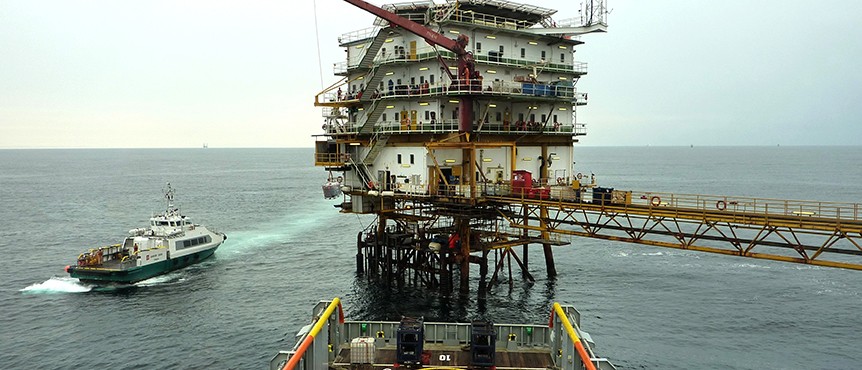
In the 1970s, the country discovered abundant oil reserves offshore, allowing it to build a strong middle class and earn the moniker “central Africa’s little emirate”.
Oil accounts for 60 percent of the country’s revenues.
But a third of the population still lives below the poverty line of $5.50 per day, according to the World Bank.
3. A Small Country
Gabon is a small country with a population of 2.3 million and located in Central Africa.
It is bordered by Equatorial Guinea to the northwest, Cameroon to the north, the Republic of the Congo to the east and south, and the Atlantic Ocean to the west. It has an area of 267,667 square kilometers (103,347 sq mi), making it the 2nd smallest country in Central Africa.
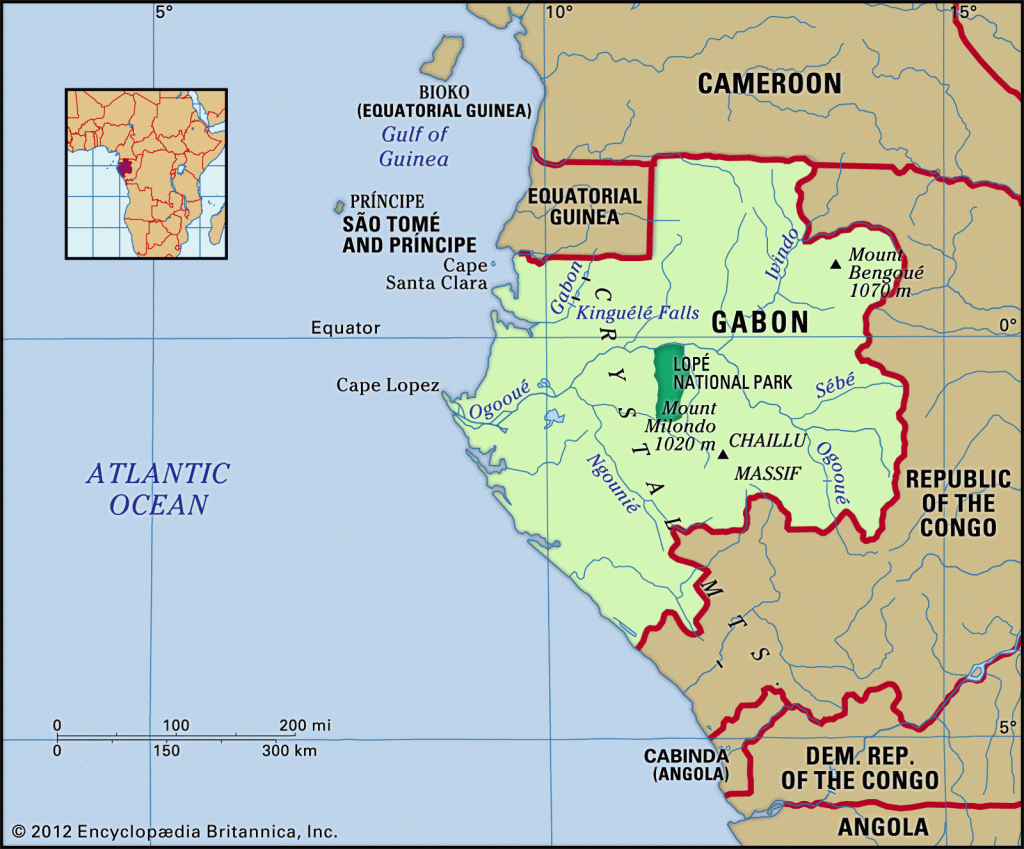
4. Africa’s ‘Eden’
Forests cover 88 percent of the surface of Gabon, providing a haven for gorillas, buffalo, panthers, elephants, chimpanzees and other species.
The country, which markets itself as the “last Eden”, has become a major advocate for conservation in a region where wildlife is being battered by wars, habitat destruction and the bushmeat trade.
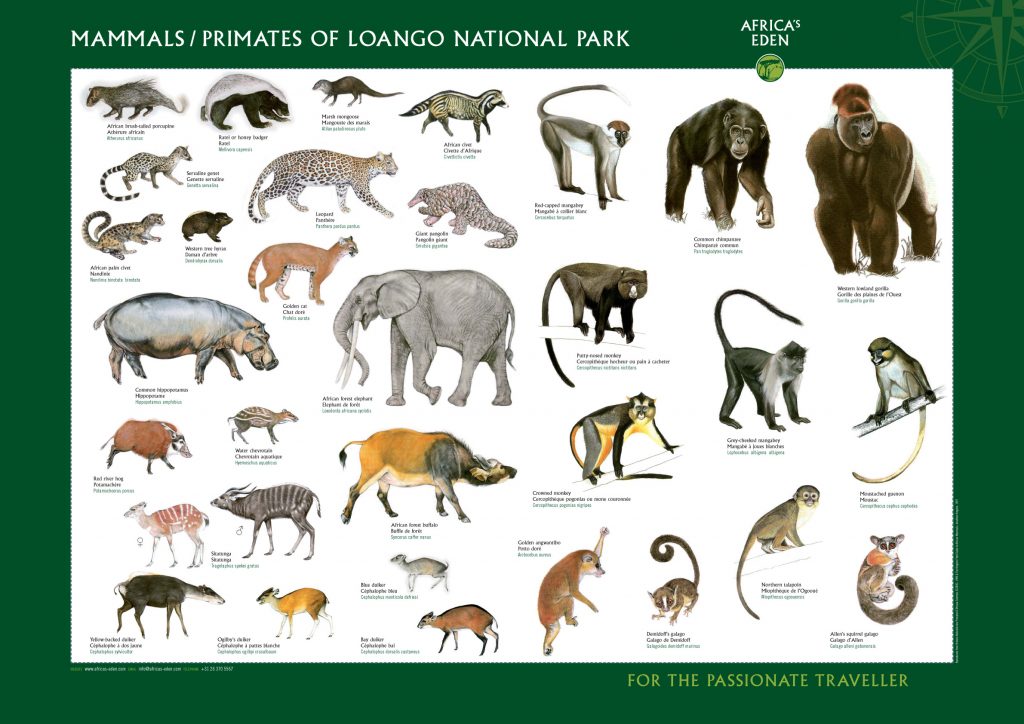
In 2002, it set up a network of 13 national parks covering 11 percent of its territory.
One of the big success stories is conservation of critically endangered African forest elephants. Their global numbers have fallen 86 percent in 30 years but in Gabon they have doubled in a decade.
5. Healer or hallucinogenic?
A powerful psychoactive root found in Gabonese forests is used to make a drug that has been touted as a potential healer of heroin and cocaine addiction.
The hallucinogenic iboga root has long been used in an ancestral ritual known as “bwiti”, which combines worship of forest spirits with elements of Christianity.
High doses can have effects similar to LSD, mescaline or amphetamines, and cause anxiety, extreme apprehension and hallucinations.
But the pill form of the drug, ibogaine, has also been hailed for helping some drug addicts kick their habit.
Treatment centres using the drug have sprung up in countries including Costa Rica, New Zealand and the Netherlands.
6. Star striker
Gabon international Pierre-Emerick Aubameyang, a former Chelsea forward, was one of the best strikers in the world in his heyday.
From Germany’s powerhouse Borussia Dortmund, where he stood out, he moved to Arsenal in 2018 and became joint top-scorer in the Premier League a year later.
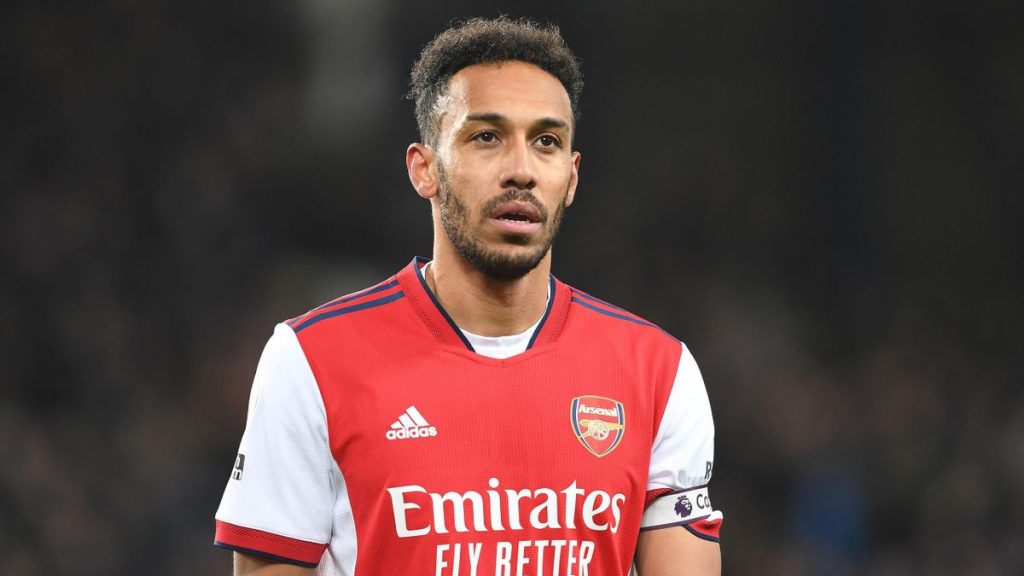
For disciplinary issues, Aubameyang was stripped of the Arsenal captaincy and his contract ripped up, after which he moved to Barcelona, then Chelsea before joining Olympique de Marseille.
